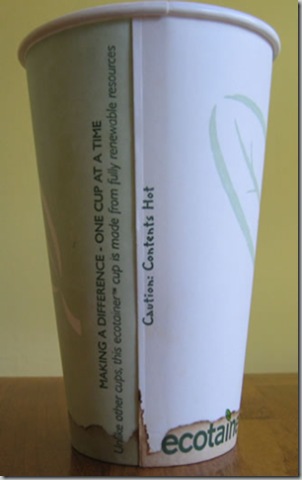Today, Microsoft conceded on a number of points in their European anti-trust case. This is a huge turn for Microsoft, as it has battled this lawsuit since 2004. Stepping back in time, we all remember the 1997 US anti-trust case which led the way to a June 2000 order that Microsoft be broken up. That ruling was overturned in 2001, of course. But clearly, the last 10 years have been tough on Microsoft.
Microsoft is no longer the same company as in 1997. It clearly learned something.
In 1997, when accused of using its monopoly power to crush Netscape, Microsoft staunchly denied any wrongdoing. Microsoft claimed that the browser was not separable from the operating system, and Jim Allchin openly lied in court about it. (Ironically, Microsoft quietly made IE7 separate from the operating system).
The result of these actions was that the courts threw the book at Microsoft both in the US and in Europe. The courts didn’t like what Microsoft was doing, but worse, they didn’t like that Microsoft lied, protested, and refused to fix it. Microsoft was arrogant and the courts punished them.
In 2007, Microsoft was again accused of using monopolistic power – this time to push its Windows Live Search against that of rival Google. Google didn’t make much progress with this in the courts this time. Instead, Microsoft agreed to change Vista after the Google Complaint, and the judge was satisfied.
What happened here was simple. In 1997, Microsoft fought the allegations, and arrogantly denied any wrongdoing, when it was clearly not that simple. Because they refused to help fix the problem, the courts had no choice but to take action. Microsoft lost big.
Contrast this to 2007, where Microsoft realizes that there is no way to win by fighting. Instead, Microsoft pacifies the courts by agreeing to change and work with the system. This way, Microsoft decided how to change their products – and that is much easier than letting the courts decide. The approach worked fantastically. Judges naturally want disputes settled out of court and they look favorably on the party that is willing to compromise. Since the court really isn’t able to discern the subtleties of operating search APIs anyway, this is all too easy for the courts to agree to.
What if Microsoft had said, “Yes Judge Jackson, we’ll make IE removable” back in 1997? Microsoft would have won the browser market anyway. I doubt the Judge would have recommended a breakup.
The lesson to learn here is to know when to fight. Hubris will never be looked upon favorably. To any company that is ever in an anti-trust lawsuit in the future – learn from Microsoft. The only winning tactic is to compromise immediately, work with the courts and do everything you can to demonstrate good-faith resolution of the problem.
 What is the difference between:
What is the difference between: 